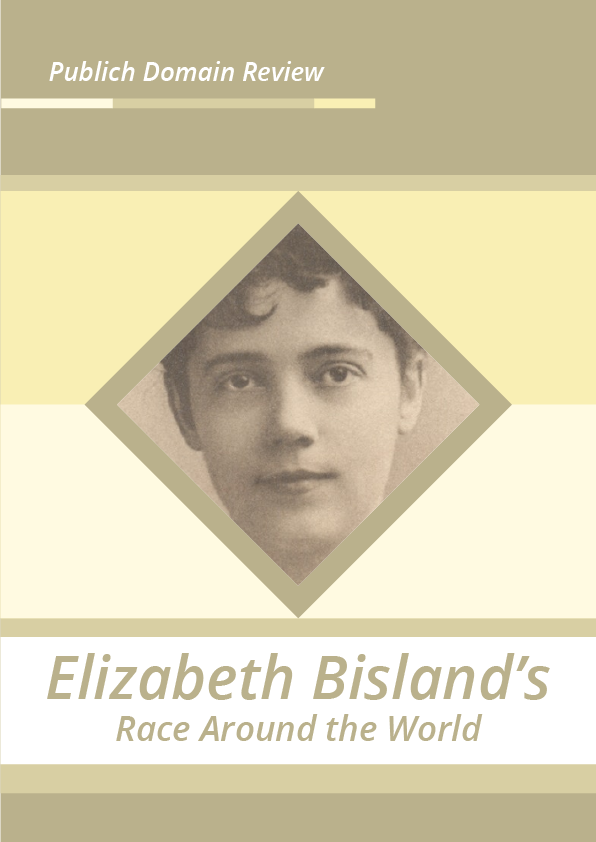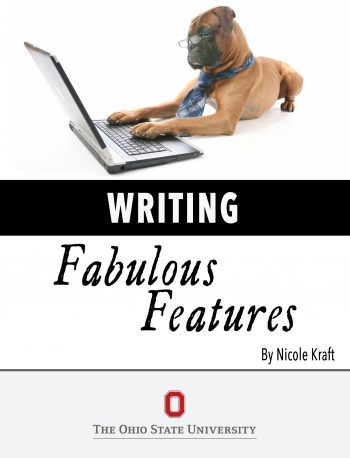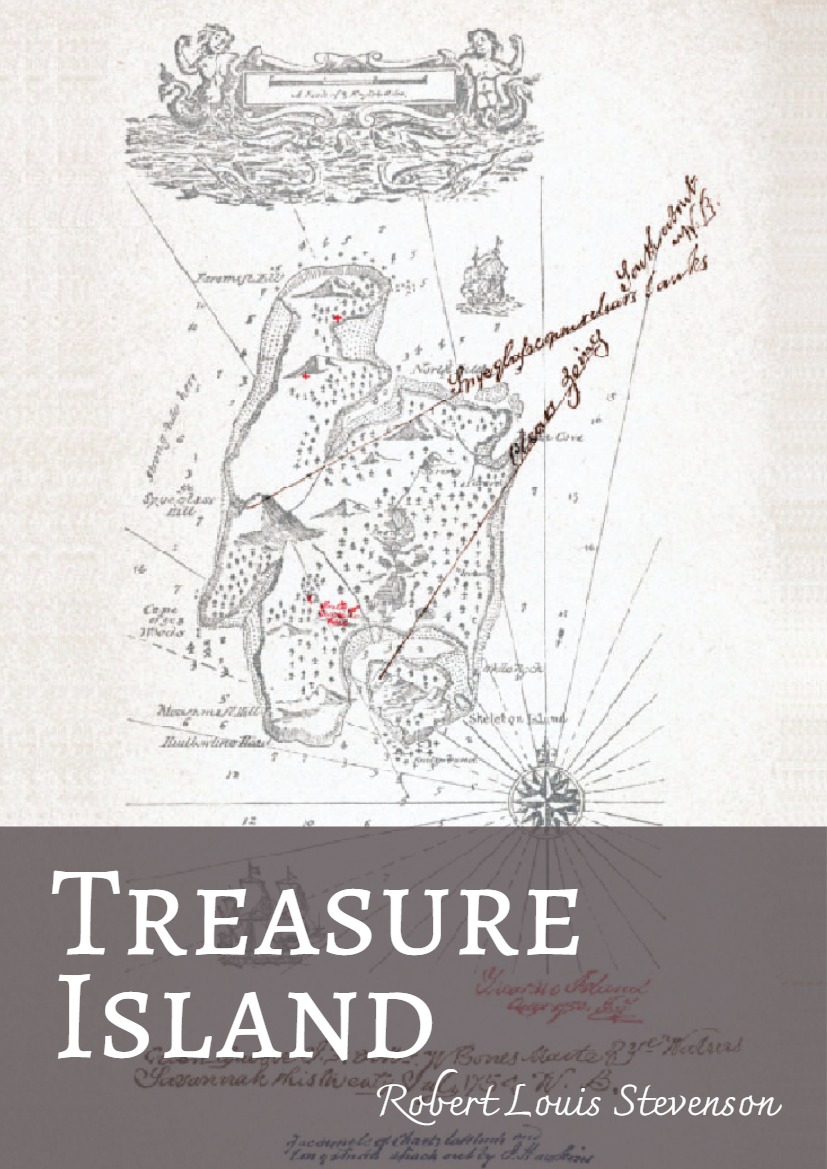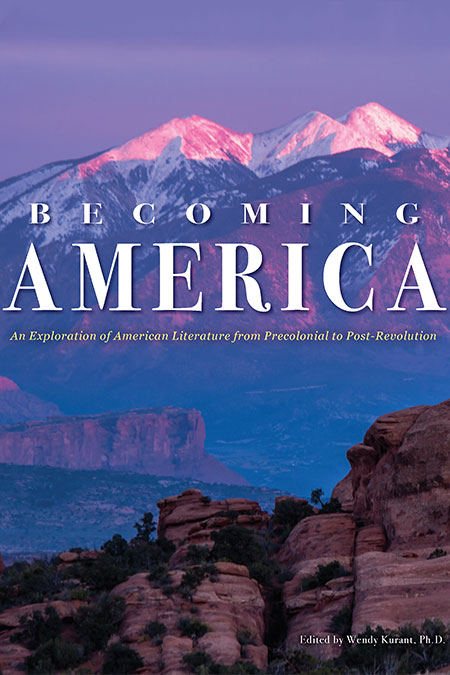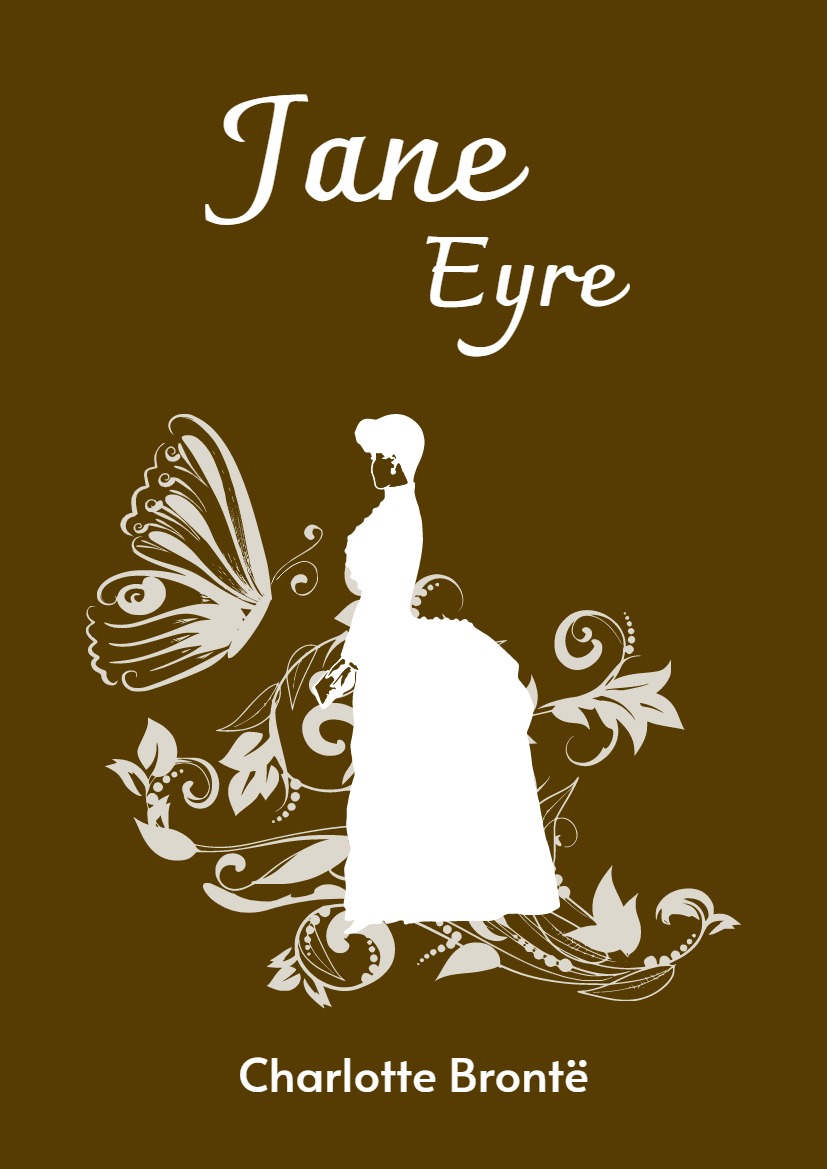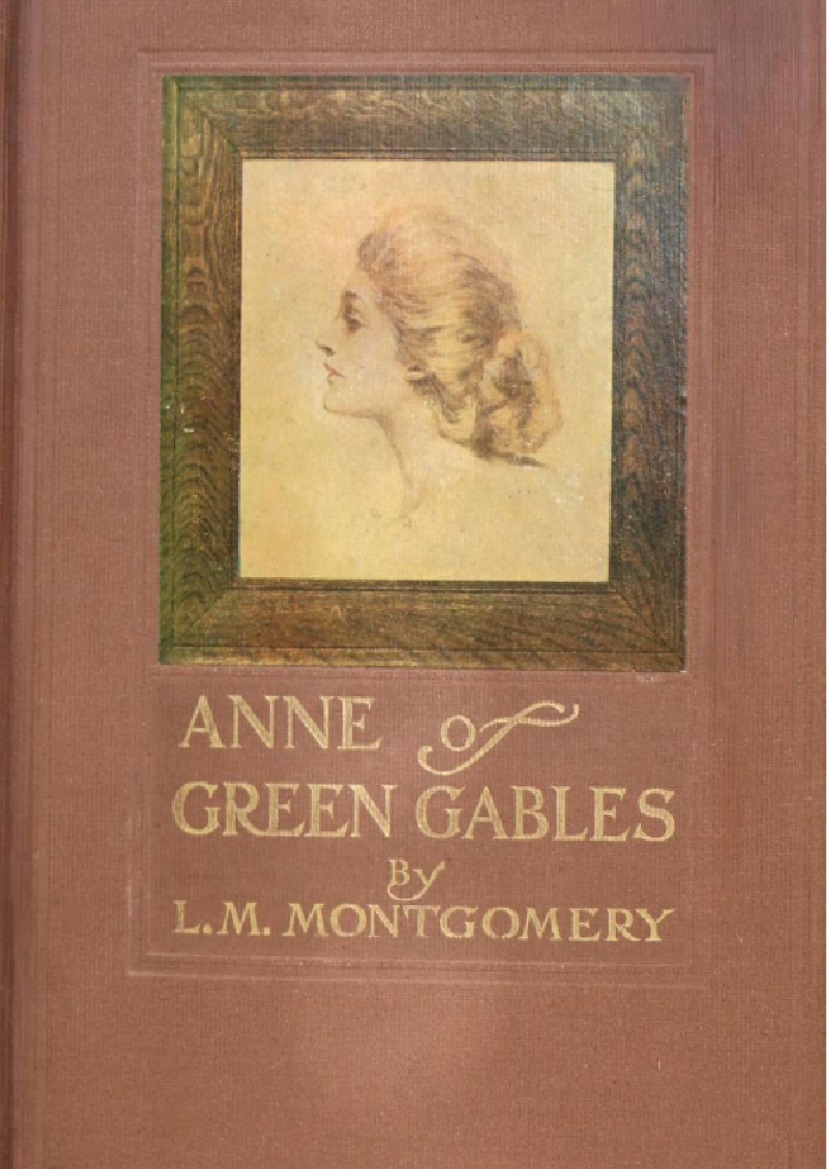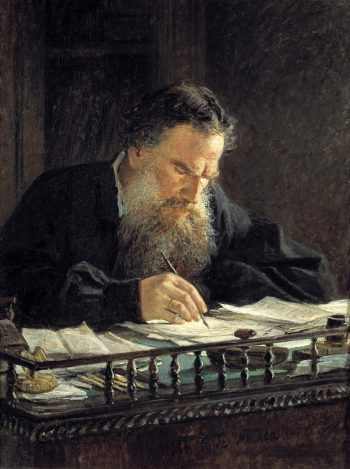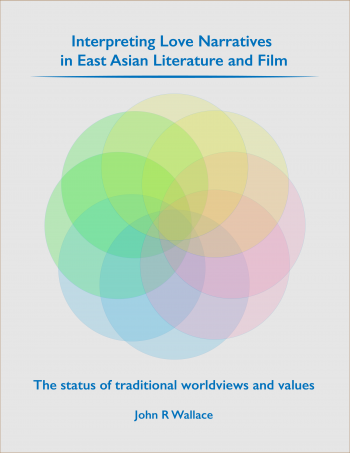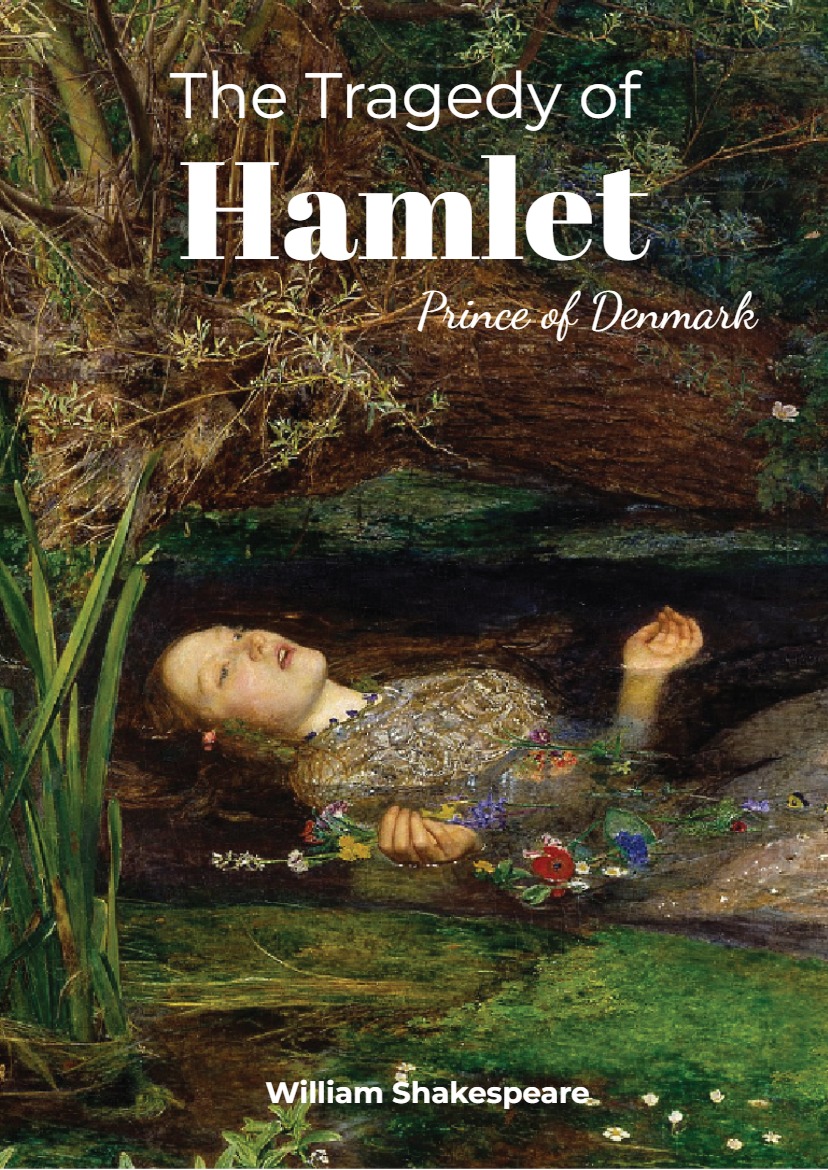Matthew Goodman explores the life and writings of Elizabeth Bisland, an American journalist propelled into the limelight when she set out in 1889 – head-to-head with fellow journalist Nellie Bly – on a journey to beat Phileas Fogg’s fictitious 80-day circumnavigation of the globe.
On the morning of November 14, 1889, John Brisben Walker, the wealthy publisher of the monthly magazine The Cosmopolitan, boarded a New Jersey ferry bound for New York City. Like many other New Yorkers, he was carrying a copy of The World, the most widely read and influential newspaper of its time. A front-page story announced that Nellie Bly, The World’s star investigative reporter, was about to undertake the most sensational adventure of her career: an attempt to go around the world faster than anyone ever had before. Sixteen years earlier, in his popular novel, Jules Verne had imagined that such a trip could be accomplished in eighty days; Nellie Bly hoped to do it in seventy-five.
Immediately John Brisben Walker recognized the publicity value of such a scheme, and at once an idea suggested itself: The Cosmopolitan would sponsor its own competitor in the around-the-world race, traveling in the opposite direction. Of course, the magazine’s circumnavigator would have to leave immediately, and would have to be, like Bly, a young woman –the public, after all, would never warm to the idea of a man racing against a woman. But who should it be? Arriving at the offices of The Cosmopolitan that morning, Walker sent a message to the home of Elizabeth Bisland, the magazine’s literary editor. It was urgent, he indicated; she should come at once.
Each month for The Cosmopolitan Elizabeth Bisland wrote a review of recently published books entitled “In the Library.” She was a reader with refined tastes and wide-ranging interests; the subjects covered in her first few columns included Tolstoy’s social gospel, the fourteenth-century tales of Don Juan Manuel, the collected poems of Emma Lazarus, and a two-volume history of the Vikings by the Norwegian author Hjalmar Hjorth Boyeson. Born into a Louisiana plantation family ruined by the Civil War, Bisland had moved to New Orleans and then, a few years later, to New York, where she contributed to a variety of magazines and was regularly referred to as the most beautiful woman in metropolitan journalism.
At the time of her race around the world Elizabeth Bisland was twenty-eight years old. She was tall, with an elegant, almost imperious bearing that made her appear even taller; she had large dark eyes and luminous pale skin and spoke in a low, gentle voice. She reveled in gracious hospitality and smart conversation, both of which were regularly on display in the literary salon that she hosted in her small apartment, where members of New York’s creative set gathered to discuss the artistic issues of the day. Bisland’s particular combination of beauty, charm, and erudition seems to have been nothing short of bewitching. One of her admirers, the writer Lafcadio Hearn, called her “a sort of goddess,” and likened her conversation to hashish, leaving him disoriented for hours afterwards. Another said, about talking with her, that he felt as if he were playing with “a beautiful dangerous leopard,” which he loved for not biting him.
Bisland herself was well aware that feminine beauty was useful but fleeting (“After the period of sex-attraction has passed,” she once wrote, “women have no power in America”), and she took pride in the fact that she had arrived in New York with only fifty dollars in her pocket, and that the thousands of dollars now in her bank account had come by virtue of her own pen. Capable of working for eighteen hours at a stretch, she wrote book reviews, essays, feature articles, and poetry in the classical vein. She was a believer, more than anything, in the joys of literature, which she had first experienced as a girl in ancient, tattered volumes of Shakespeare and Cervantes that she found in the ruined library of her family’s plantation house. (She had taught herself French while she churned butter, so that she might read Rousseau’s Confessions in the original.) She cared nothing for fame, and indeed found the prospect of it distasteful. So when she arrived at the offices of The Cosmopolitan, and John Brisben Walker proposed that she race Nellie Bly around the world, Elizabeth Bisland told him no.
